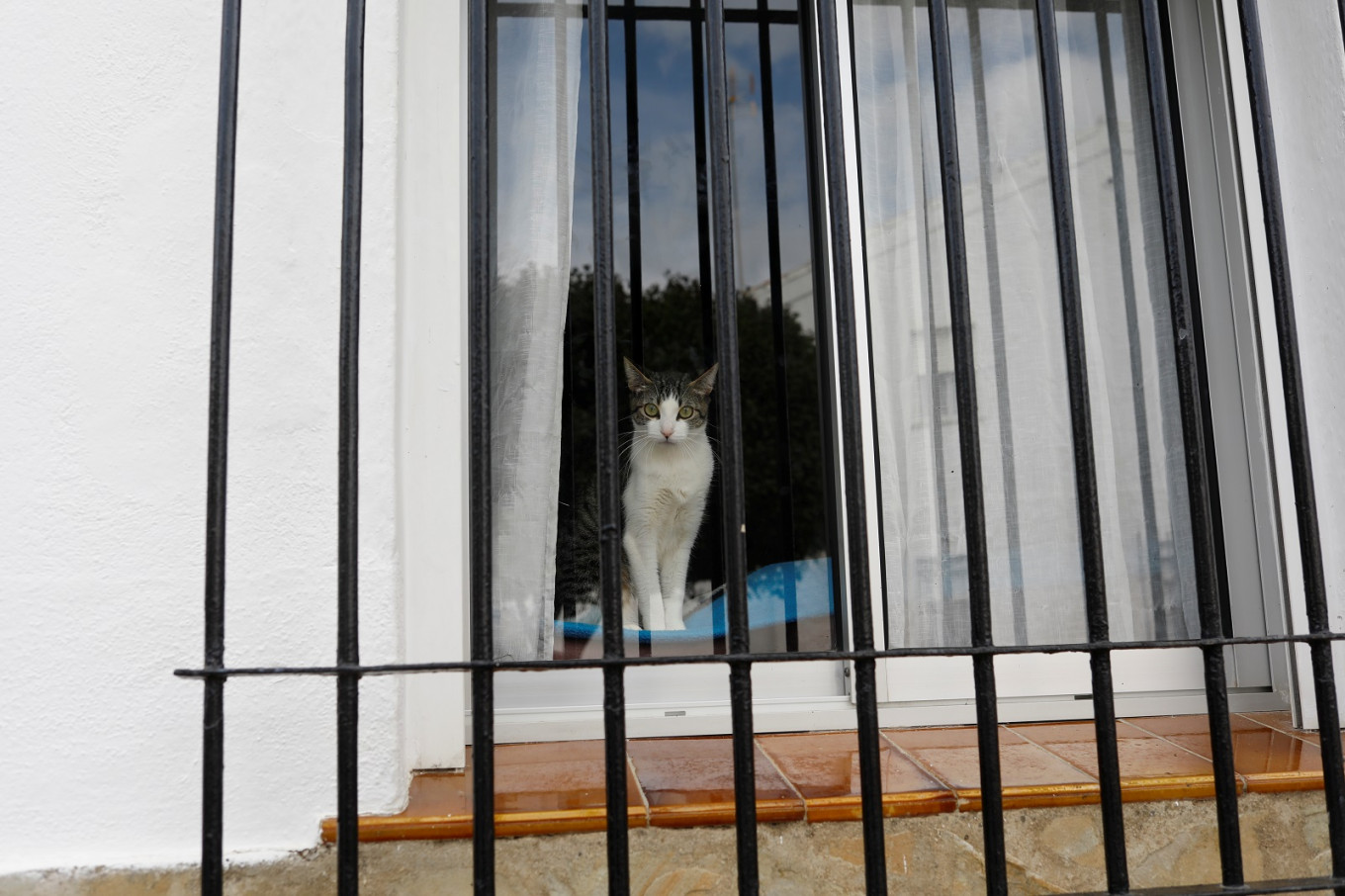Popular Reads
Top Results
Can't find what you're looking for?
View all search resultsPopular Reads
Top Results
Can't find what you're looking for?
View all search resultsSpanish cat tests positive for coronavirus
Change text size
Gift Premium Articles
to Anyone
A
cat belonging to a family in the Spanish region of Catalonia tested positive for the novel coronavirus, the professor who conducted an autopsy on the pet said on Friday.
It did not die from the virus, however, but from a pre-existing respitory condition fairly common among cats, said Professor Joaquim Segales of Catalonia's Animal Health Research Centre.
The cat, named Negrito, was the sixth feline to be detected with the disease globally.
It belonged to a household in the Barcelona area where several family members had caught the virus. It was tested for the infection in a post-mortem on April 22 and found to have a low charge.
"The vet who euthanized the cat realized that the animal presented a very grave respiratory pathology and feared it might suffer from COVID-19," Segales said.
The World Health Organization (WHO) has said all available evidence suggests the novel coronavirus originated in animals but it is not yet clear how the virus jumped the species barrier from an intermediate animal host, most likely a bat, to humans.
Human-to-cat transmission risks are low enough as to be non-existent, while cat-to-cat transmission is also relatively inefficient, Segales said.
"The role of the pet in the epidemiology of COVID-19 could be considered negigible, with no evidence that anyone has caught it from a pet," Segales said.
"This virus is extremely effective in person-to-person transmission, but animal-to-person transmissions are still very exceptional situations."
Read also: Pet cat tests positive for coronavirus in Hong Kong
A team at Harbin Veterinary Research Institute in China conducted research into domestic animals' vulnerability to coronavirus by exposing them to high doses of the virus and observing intra-species transmission.
The study found that ferrets were most susceptible to catching and passing the virus along to other ferrets. Cats were slightly less so, and dogs barely so. Pigs, ducks, and chickens were not susceptible at all.











